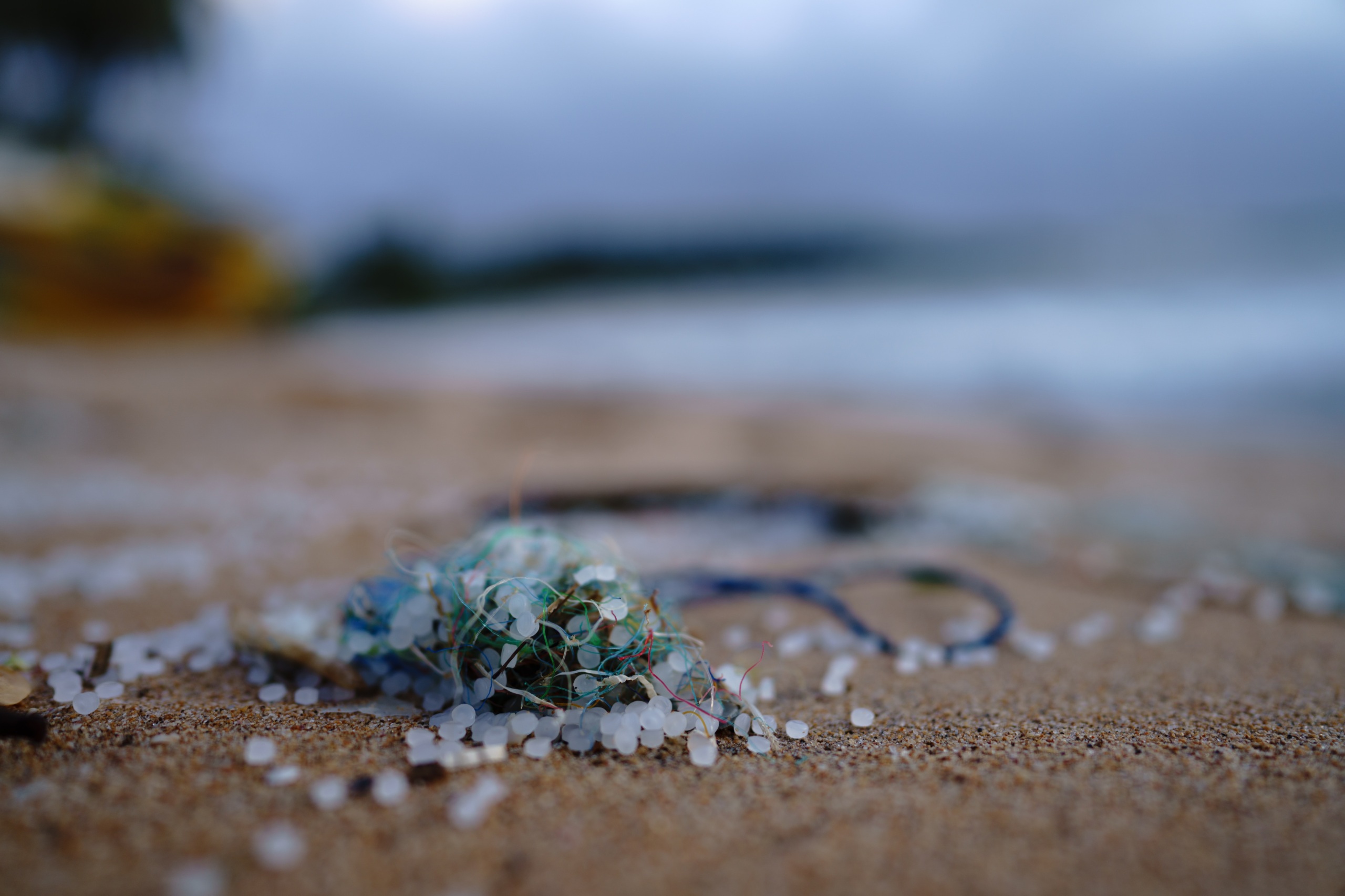
We’re campaigning for Microplastic Free Waters
Tiny plastic pellets, called “nurdles,” are being dumped into our waterways. A new bill could make this microplastic pollution illegal.
Together we can protect the waterways that sustain our communities and our health.
Our waterways should be safe for swimming, fishing and drinking. But weak regulations and lax enforcement allow many of our rivers, lakes and streams to become so polluted they are no longer safe. This pollution, along with outdated infrastructure – like lead pipes in our schools – puts our health at risk. We need to work together to make sure our water is treated like the life-giving resource that it is.
Tiny plastic pellets, called “nurdles,” are being dumped into our waterways. A new bill could make this microplastic pollution illegal.
An estimated ten trillion pellets enter oceans each year
The Maryland General Assembly is considering a bill to restrict PFAS discharge from large industries into our waterways and to wastewater treatment plants.
Here are 10 examples of how our advocates won positive results for the public and the planet in 2023.
A glance at PIRG's, Environment America's plans to serve the public interest in the new year
On December 8th, the Maryland Department of the Environment released new fish consumption advisories for PFAS and other toxic contaminants.